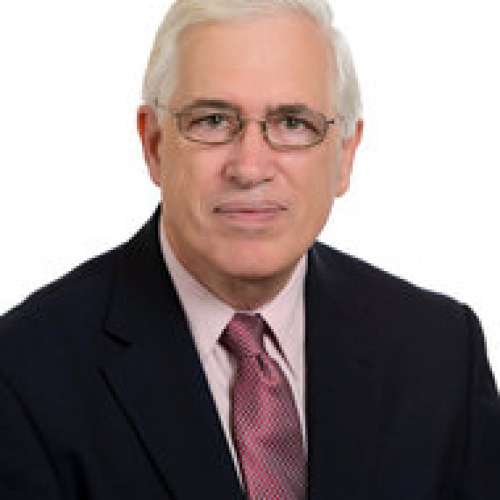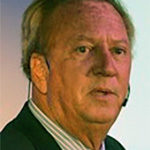Strengthening Employee Ethical Behavior
Ethics can represent the science of human duty or rules of responsibility drawn from personal duty science. Moreover, ethics can refer to a system of principles and rules concerning duty or the rules of practice linking a social action class. Typically values perceptions sustain fiduciary relationships. For example, moral values held by the organization’s employees directly affect compliance. Therefore, organizational leadership has a responsibility to provide a healthy ethical environment that fosters performance consistent with the highest ethical standards.
Organizational values address morality regarding an overall image perception as well as detail edicts consisting of regulatory guides for behavior. Values link to principles and standards aligned with deontological theory. Under this theory, values are determined only through rational judgment if an action is right or wrong. Organizational manager-leaders can influence moral decisions through the use of persuasion and create a culture that bolsters motives and links affecting decisions.
- Leadership support
- Ethical behavior modeling
- Manager-leader communications
- Corporate goals, processes, and strategies ethics integration
- Performance management systems principles integration
- Recruitment and employee selection process ethics integration
- Corporate governance alignment with business ethics
- The value framework under which business decisions are taken
- The ethical framework under which business decisions are taken
- The moral framework under which business decisions are taken
- Vision statement alignment
- Mission statement alignment
- Implementation of continuous business ethics reinforcement
The root explanation or justification for manager-leaders enacting a values-based moral response to an organizational-ethical dilemma is the adoption of a duty or obligation. Therefore, duty or obligation falls under the general deontological category of imperatives. As agents of the business, manager-leaders are subject to the expectations and pressures of stakeholder constituents. Thus, manager-leaders assume the responsibilities of an organizational fiduciary with a fiduciary duty. Consequently, manager-leaders must often deal with issues that relate to organizational potency and viability while simultaneously balancing the needs of various stakeholders.
Employees that value compliance, usually, hold honesty and integrity as desirable personal traits or fear noncompliance repercussions. Considering fiduciary tenets and accepting organizations utilize a top-down approach for legal requirements compliance; an expectation exists for organizational personnel. Nevertheless, an Ethics Resource Center study discovered that 44% of survey respondents believed their firms exhibited signs of a weak ethics. Therefore, given the reputational and financial risks, manager-leaders must comprehend the influence they can have in instituting an ethical organizational culture.
At the end of this session, the speaker will handle your specific questions and address any challenges you have/had in setting Integrating COBIT with other frameworks.
- Financial Managers
- Operational Managers
- Marketing Managers
- Information Security Managers
- Information Systems Managers
- External Auditors
- Internal Auditors
Dr. Robert E. Davis obtained a Bachelor of Business Administration in Accounting and Business Law, a Master of Business Administration in Management Information Systems, and a Doctor of Business Administration in Information Systems Management from Temple, West Chester, and Walden University; respectively. Moreover, during his twenty years of involvement in education, Dr. Davis acquired Postgraduate and Professional Technical licenses in Computer Science and Computer Systems Technology. Dr. Davis also obtained the Certified Information Systems Auditor (CISA) certificate — after passing the 1988 Information Systems Audit and Control Association’s rigorous three hundred and fifty multiple-choice questions examination; and was conferred the Certified Internal Controls Auditor (CICA) certificate by the Institute for Internal Controls.
Since starting his career as an information systems (IS) auditor, Robert has provided data security consulting and IS auditing services to corporations as well as other organizations; in staff through management positions. Before engaging in the practice of IS auditing and information security consulting; Robert (as a corporate employee) provided inventory as well as general accounting services to Philip Morris, USA, and general accounting services to Philadelphia National Bank (Wells Fargo). Furthermore, he has prior experience as a freelance writer of IT audit and information security training material.
Dr. Davis received recognition as an accomplished, energetic auditor, author, and speaker with a sound mix of experience and skills in monitoring and evaluating controls. Based on his accomplishments, Temple University's Fox School of Business and Management Alumni Newsletter, as well as The Institute for Internal Controls e-newsletter featured Dr. Davis. Furthermore, he is an Advisory Board Member of The Institute for Internal Controls, the first and inaugural Temple University CISA in Residence and a founding Temple University Master of Science in IT Auditing and Cyber-Security Advisory Councilmen. Last, he accepted invitations to join Delta Mu Delta International Honor Society, the Golden Key International Honour Society, the Thomson Reuters' Expert Witness List, the IT Governance LTD expert panel, as well as the International Association of IT Governance Standards honorary membership group.
Upcoming Webinars













































































